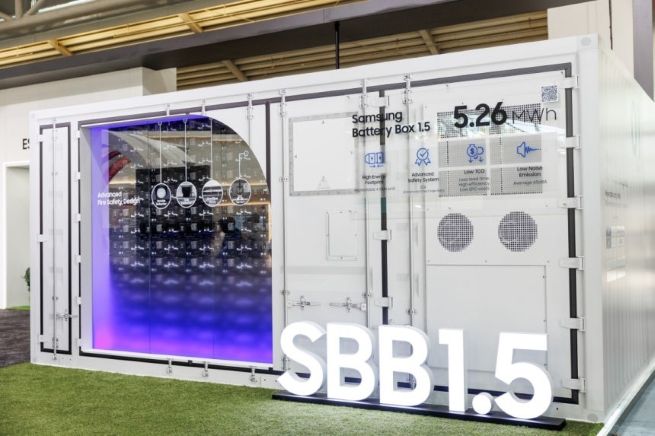SEOUL, Sept. 23 (Korea Bizwire) — South Korea’s three leading battery producers are gearing up for a fierce contest over the country’s second government-led energy storage system (ESS) project, a program worth more than 1 trillion won ($740 million) and slated for delivery in late 2027.
The Korea Power Exchange disclosed last week that the second ESS procurement will cover 540 megawatts of storage capacity, with bidding guidelines to be finalized in October.
Unlike the first project, in which Samsung SDI won an unexpected 76 percent share, regulators are giving greater weight to “non-price criteria” — including contributions to domestic industry, safety, community acceptance and project readiness. The weighting for these factors is expected to rise from 40 percent to as much as 50 percent.
Samsung SDI leveraged these non-price measures in the first round, stressing that its nickel-cobalt-aluminum (NCA) batteries are manufactured in Ulsan with largely domestic materials. This helped offset the higher cost of NCA compared with lithium iron phosphate (LFP) cells favored by rivals.
Now, both LG Energy Solution and SK On, which came away empty-handed in the first tender, are reworking their strategies to emphasize Korean production.
SK On is preparing to convert part of its Seosan electric-vehicle line into an ESS facility, and has recently signed a large-scale ESS supply deal in the United States to build experience. LG Energy Solution is reportedly considering shifting LFP battery production from Nanjing, China, to its Ochang plant in Korea.
Industry officials suggest Samsung SDI could once again hold an edge if domestic manufacturing is prioritized. “The second project could tilt toward SDI,” one analyst said, noting that NCA batteries rely less on Chinese materials than LFP.
The government sees the ESS program as vital not only for stabilizing the power grid but also for diversifying growth engines for Korean battery firms, which are facing a slowdown in electric vehicle demand. “The domestic ESS market will be a crucial lifeline as companies look beyond cars for new revenue streams,” said one industry official.
The Korea Power Exchange is expected to publish final bidding rules in early October, with awards to follow in the months ahead.
Ashley Song (ashley@koreabizwire.com)




